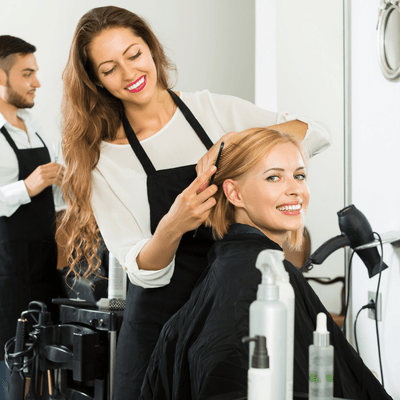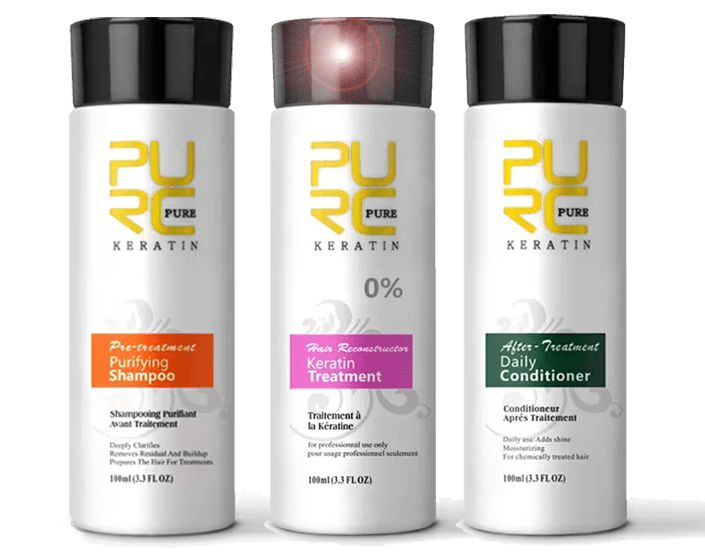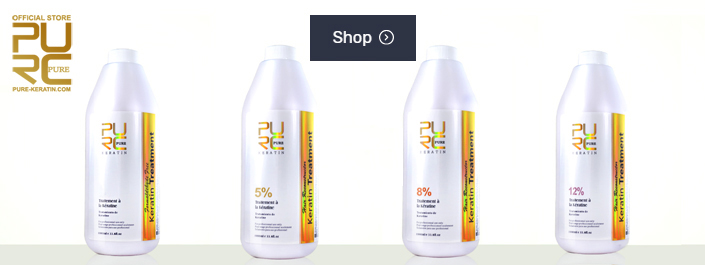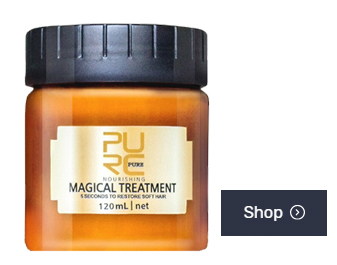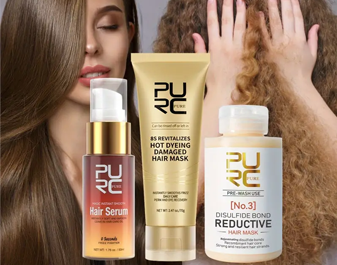What is the best post-treatment hair care routine?
KERATIN TREATMENT on 22nd Oct 2024
What is the Best Post-Treatment Hair Care Routine?
Table of Contents
- Introduction to Post-Treatment Hair Care
- Understanding Different Hair Treatments
- Key Factors to Consider in Post-Treatment Hair Care
- Immediate Aftercare Post-Treatment
- Daily Hair Care Routine After Treatment
- Weekly Hair Maintenance
- Avoiding Common Mistakes in Post-Treatment Hair Care
- Choosing the Right Products for Post-Treatment Hair
- How to Maintain Hair Color After Treatment
- Protecting Hair from Environmental Stressors
- Heat Styling Do's and Don'ts
- Post-Treatment Hair Care for Different Hair Types
- Long-Term Maintenance for Treated Hair
- DIY vs. Professional Hair Care After Treatment
- Frequently Asked Questions
- Conclusion
Introduction to Post-Treatment Hair Care
After receiving a hair treatment, such as coloring or keratin, it is essential to follow a proper post-treatment hair care routine to ensure the longevity of the results and maintain your hair's health. Your hair can become dry or damaged after treatments, and without the right care, it may lose its vibrancy or strength.
Understanding Different Hair Treatments
Types of hair treatments
Hair treatments like keratin, coloring, and chemical relaxers offer transformative effects. However, each has unique impacts on hair structure. For example, keratin treatments smooth hair but may weaken bonds, while coloring can leave hair dry and brittle if not properly moisturized.
Effects of treatments on hair health
While hair treatments can enhance your look, they often leave hair more vulnerable to damage. The natural oils and structural integrity of the hair can be compromised, requiring careful aftercare to restore balance and strength.
Key Factors to Consider in Post-Treatment Hair Care
Hair type and texture
Post-treatment care varies depending on your hair type and texture. Curly hair, for instance, tends to need more hydration than straight hair after treatments like keratin or chemical relaxers.
Climate and environmental factors
Environmental factors such as humidity or dry climates can affect how well your treatment lasts. In humid environments, frizz may return more quickly, while dry weather can make hair brittle. Adapting your routine to these conditions is vital.
Individual hair needs
Each person’s hair responds differently to treatments. Understanding your unique hair needs—whether more moisture, protein, or protective styling is needed—can help maintain treated hair in optimal condition.
Immediate Aftercare Post-Treatment
Importance of the first wash
The first few days after a hair treatment are crucial. It’s generally recommended to avoid washing your hair for at least 72 hours, allowing the treatment to set and fully absorb into your hair.
Choosing the right shampoo and conditioner
After treatments, it’s best to use sulfate-free and paraben-free shampoos and conditioners. These products are gentler and help maintain the treatment’s effects without stripping the hair of essential moisture.
Daily Hair Care Routine After Treatment
The role of hydration and moisturizing
Hydrating your hair daily is key to maintaining post-treatment health. Use leave-in conditioners and serums with nourishing oils to keep your hair smooth, shiny, and frizz-free.
Weekly Hair Maintenance
Deep conditioning and hair masks
Once a week, use a deep conditioning treatment or a hydrating hair mask to restore moisture and repair damage. Look for masks that are rich in proteins to strengthen treated hair.
Avoiding Common Mistakes in Post-Treatment Hair Care
Overwashing
Washing your hair too frequently can strip it of the natural oils it needs to stay hydrated. Aim to wash your hair 2-3 times per week using mild, gentle products designed for treated hair.
Choosing the Right Products for Post-Treatment Hair
Sulfate-free and paraben-free products
Sulfate-free and paraben-free products are a must for post-treatment care. These ingredients can be too harsh for chemically treated hair and may cause dryness or damage.
How to Maintain Hair Color After Treatment
Color-safe products
If your treatment includes coloring, use products specifically designed for color-treated hair. These will help preserve the vibrancy of your color and extend the time between touch-ups.
Protecting Hair from Environmental Stressors
Impact of UV rays, pollution, and humidity
Environmental factors like sun exposure and pollution can damage treated hair. To protect your hair, use a leave-in conditioner with UV protection and avoid prolonged exposure to direct sunlight.
Heat Styling Do's and Don'ts
Using heat protectants
Before using heat tools, always apply a heat protectant. This creates a barrier that helps prevent damage caused by high temperatures from blow dryers, flat irons, and curling irons.
Post-Treatment Hair Care for Different Hair Types
Curly and coily hair
Curly and coily hair is more prone to dryness, especially after chemical treatments. Focus on moisture-rich products to keep curls hydrated and defined.
Long-Term Maintenance for Treated Hair
When to consider touch-ups
Depending on your treatment, you may need touch-ups every 3-6 months. Consult your stylist for advice on maintaining the results of your treatment over time.
DIY vs. Professional Hair Care After Treatment
When to seek professional advice
While DIY care can be effective, there are times when seeking professional help is best. If your hair shows signs of damage or the treatment is fading prematurely, visit your stylist for a consultation.
Frequently Asked Questions
Can I swim after a hair treatment?
It’s best to wait at least a week before swimming after a treatment to avoid chlorine or saltwater damage.
How long should I wait before coloring again?
Wait at least 6 weeks before coloring your hair again to avoid over-processing.
Conclusion: Building a Sustainable Post-Treatment Hair Care Routine
Building a solid post-treatment hair care routine is key to maintaining healthy and strong hair. Consistency in using the right products and avoiding common mistakes will help extend the life of your treatment.














